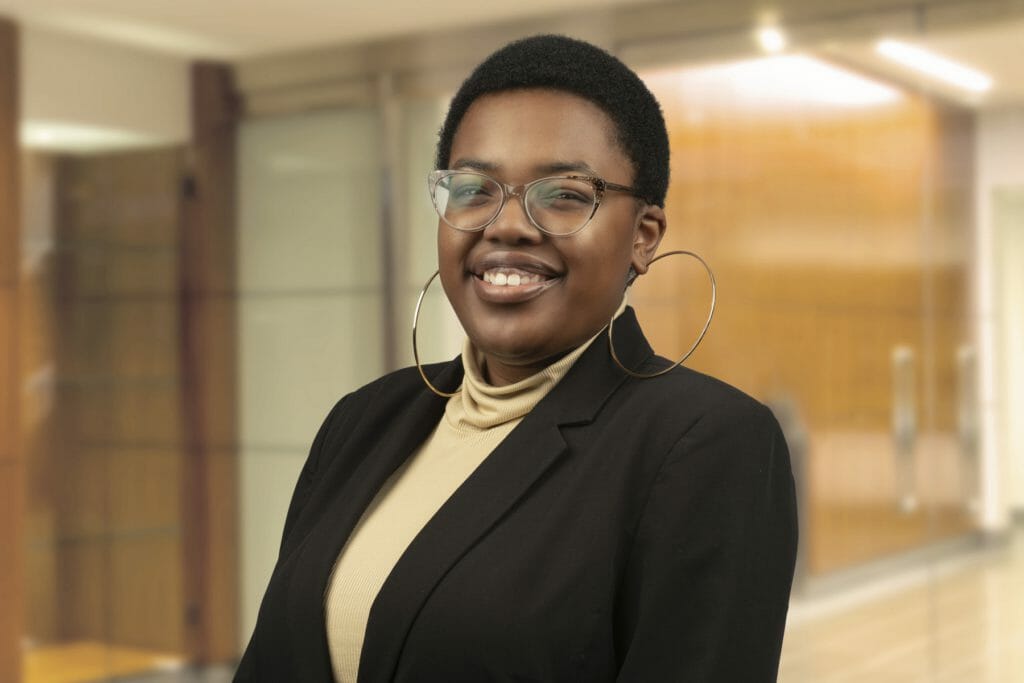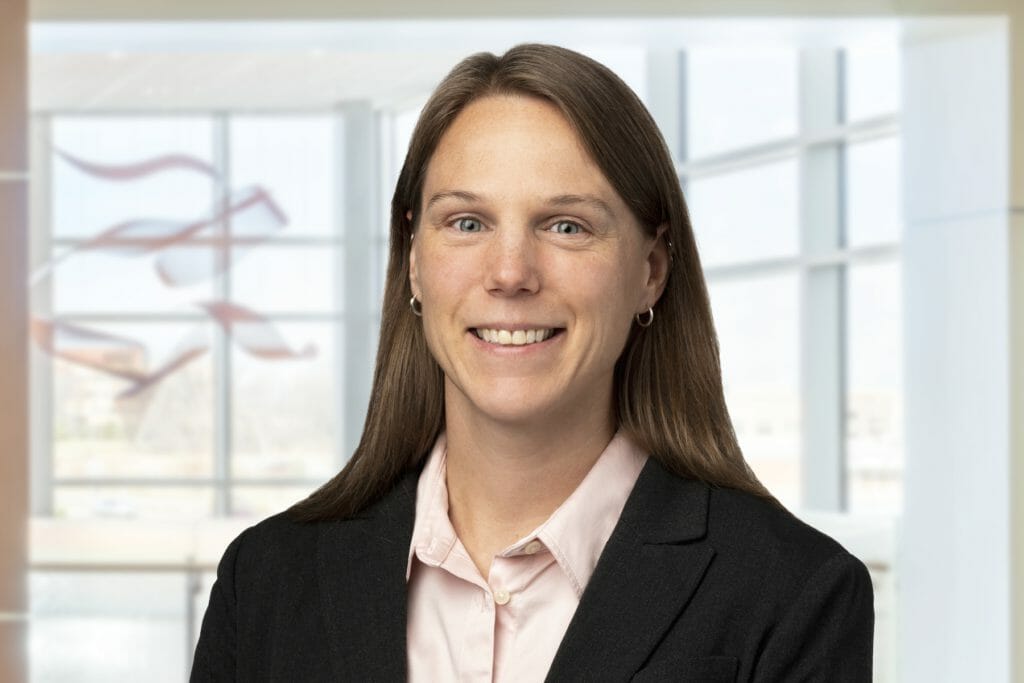This year marks the 25th Women in Construction Week (WIC). The annual event — March 5th-11th, 2023 — celebrates and promotes the role of women in the construction industry. Here in the Valley, several women in construction are celebrating their own victories, accomplishments and insights, including Daniecea Futch, project engineer for Ryan Companies and Sara Hudoba, project executive for Ryan Companies. To hear more about their journeys as women in construction, we asked them about what inspired their career paths, the challenges that remain and what advice they can impart to a new generation of women in construction.
READ ALSO: Plaza Companies celebrates contributions during Women in Construction Week
What does the 25th Women in Construction Week convey about the importance of women’s roles in construction and continued raising awareness about WIC issues?
Daniecea Futch: It conveys that we, as a construction community, will continue to recognize women who are challenging and changing the social norm that surrounds our industry. That message in its own is important because representation is important. Sometimes you just need to see someone who looks like you to think ‘wow if they can do it, so can I.’ Raising awareness of WIC issues lets younger generations know that we’re not only investing in those in the workforce now, but also in future generations as well.

Sara Hudoba: It conveys how far we have come to getting awareness at all levels, but also how much stigma there is yet to overcome. While we strive for a day when we don’t need WIC week to raise awareness, we can take joy in the small advancements in that direction that happen every day.
This year’s WIC theme is “Many Paths, One Mission,” focusing on the different construction career journeys women have taken. Can you share about your journey? What piqued your interest in a construction career?
DF: Acting piqued my interest in construction. From as young as I can remember to about 17 years old, I wanted to be an actress. It was my sophomore year in high school and my acting teacher told the entire class that we needed to sign up for this after-school program called “play production.” From day one, I knew that this was more entertaining than being on the stage. I got to learn a bit of design, reading plans and constructing. The level of collaboration we had to go through during each process to picking the play and executing were some of the greatest memories I have. Once I learned that construction cannot work without collaboration, I knew I would love being a part of
SH: I have four brothers and no sisters, so being in a male-dominated environment is second nature to me. And perhaps that is why I almost don’t realize the gender difference with my coworkers. From a young age, I wanted to be in a career that made a difference in the world. I didn’t know then that it was construction, and thankfully I was in a family that lifted me to the challenge. My family never gave any thought or impression that I couldn’t go to whatever heights I desired.
How has the construction industry evolved from when you started your career to where you are now?
DF: I’m only a year into the business as a full-time employee and I can say I’ve seen some changes from when I interned in 2020 to now. I’ve been able to see more people who look like me, either

a woman or a person of color. That’s comforting when you went to a predominately white institution and work in a white, male-dominated field. Nobody in my family has a history in construction so it always felt like I was doing this on my own. Working for a company that recognizes that and provides resource groups was something the industries my parents worked in didn’t have. Ryan Companies even has a resource group called “Support Without Stigma” that focuses on mental health in the industry and just five years ago we didn’t have that.
SH: When I was in college, I was one of two women in classes of 70 people. It was impossible not to notice. I give credit to the extreme advances in technology and work efficiencies on all levels for equaling the playing field. And maybe not giving us the time to notice!
What are you most proud of (so far) in your career?
DF: I’m proud of just making it, I’m proud of myself for not giving up in college despite being the only Black woman in the majority of my construction classes and not having any family in the industry. The amount of knowledge I learned just within my first week of being a full-time employee was crazy. It can be slightly overwhelming, but if you’re able to acknowledge you don’t know it all and are just ready to learn, it makes your career path that much more enjoyable. I’m proud of having coworkers turn into friends, people that can help me professionally and personally, I’m proud of working on a team.
SH: I am proud of reaching a point in my career where I am a mentor and role model. That goes for everyone, but also for the young women who need to see another woman enter the room and lead.
If you give one message to the new generation of women in construction, what would it be?
DF: Do not be anxious. Construction is really making strides in the right direction with inclusivity for women, so do not feel like you need to be anybody other than yourself. In light of this week’s WIC theme, everybody has different paths and that’s okay, you may not have the same journey as someone else but that doesn’t negate what it took for you to get here. As long as you can remember that and sympathize that we’re all on the same mission, you’ll do just fine.
SH: You will be remembered, make sure it is for the impression you wanted to leave.




